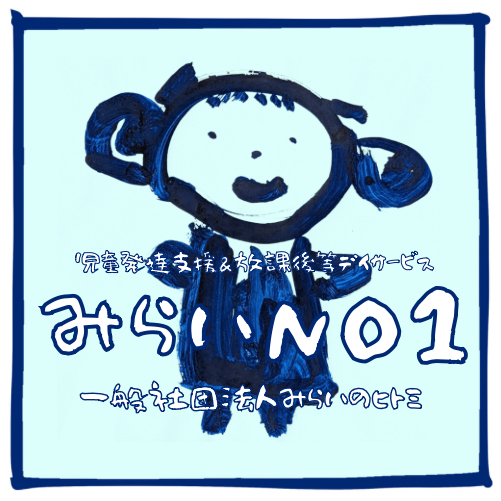Sifra, this new legal exegesis toward guide regarding Leviticus in the tannaitic period, distinguishes ranging from a small zava, who spotted uterine bloodstream for one otherwise two days outside the seven-big date maximum otherwise simultaneously whenever she shouldn’t have become menstruating, therefore the major zava, exactly who noticed uterine blood for a few consecutive days in those situations. When a woman actually starts to keeps contractions and observes bloodstream past so you can a birth, she gets niddah. All the constraints during the regard to experience of an effective niddah use until she brings birth, of which day the newest birth statutes incorporate. It has got got a major impact on the level of contact a laboring lady have along with her partner and if fathers are permitted inside the birth room. Blood that is associated with labor contractions retains the new standing regarding niddah blood except if this new contractions cease. When the a female when you look at the labor spotted blood for three consecutive days and then the contractions ceased to have twenty-four hours when you are she proceeded to see blood, one blood is considered to be irregular uterine bloodstream (ziva). The woman condition due to the fact good zava overrides her reputation since the a birthing girl together with sounding bloodstream out of purification. She have to matter seven clean days before ritual purification.
It will incorporate very early issue that was perhaps not recognized given that normative inside before periods
In the late Middle Ages, widely distributed books in Ashkenaz contained several extreme formulations of menstrual laws, apparently influenced by the book Baraita de-Niddah. The authorship of this book is uncertain. Among the prohibitions are the idea that the dust of the menstruant’s feet causes impurity to others, that people may not benefit from her handiwork, that she pollutes food and utensils, that she may not go to synagogue, that she may not make blessings even on the sabbath candles, and that if she is married to a priest, he may not make the priestly blessing on the Holidays. Some of the descriptions of the negative powers of the menstruating woman are reminiscent of Pliny’s descriptions of crop damage, staining of mirrors, and causing ill health. These notions entered the normative legal works and influenced behavior, particularly among the less educated who were not knowledgeable in rabbinic literature. hra, while others used it as a description of cosmic rhythms.
Certain ranks have been espoused from the additional kabbalists, some enjoying actual menstruation as the promising of the sitra a
In the nineteenth and early twentieth century, another term became popular as the designation for menstrual laws: the Hebrew taharat ha-mishpahah, which means “purity of the family” or “family purity.” The term “family purity” is euphemistic and somewhat misleading, since the topic is, in fact, ritual impurity. Originally a similar term was https://datingmentor.org/escort/hartford/ used to refer to the soundness of the family, to indicate that there was no genealogical defect such as bastardy or non- Term used for ritually untainted food according to the laws of Kashrut (Jewish dietary laws). kosher priests. The particular term and its usage in reference to menstrual laws seems to have derived from German through Yiddish: “reinheit das familiens lebens.” It was probably generated by the Neo-Orthodox movement as a response to the Reform movement’s rejection of some of the normative menstrual laws, particularly use of the mikveh. The Reform movement claimed that ritual immersion was instituted at a time when public bathing facilities were the norm but was no longer valid with the advent of home bathtubs and greater concern for personal hygiene. This argument had previously been made by the Karaites in Egypt and was uprooted by the vigorous objection of Moses ben Maimon (Rambam), b. Spain, 1138 Maimonides in the twelfth century. An intense interchange on the topic erupted between Orthodox and Reform rabbis. As part of the Neo-Orthodox response, an apologetic philosophy of the elevated state of modern Jewish womanhood emerged along with the sanctity of her commandment to keep the family pure.
